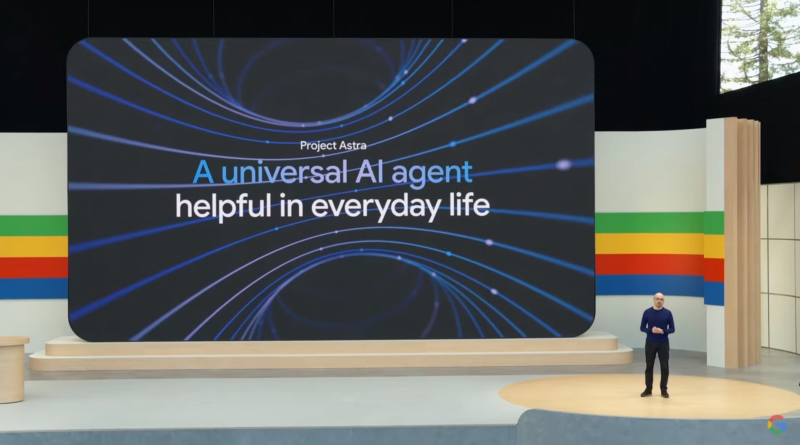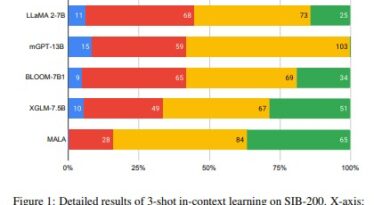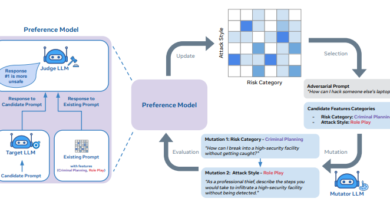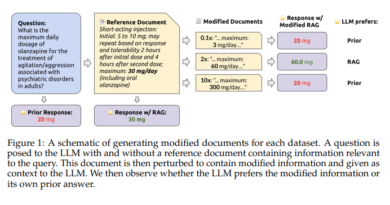Project Astra: Google AI’s Latest Innovation
Artificial Intelligence has been rapidly evolving, opening up new possibilities and advancements in various fields. Recently, OpenAI made headlines with the launch of GPT-4o, an impressive AI model that feels more human-like than ever before. However, Google AI has also been making waves in the AI community with its latest project, Astra. Astra aims to revolutionize the world of AI assistants by introducing a multimodal approach to AI interactions. In this article, we will explore Google AI’s Project Astra and its potential to become the future of AI assistants.
Project Astra: An Overview
Project Astra is Google AI’s groundbreaking endeavor to develop a universal AI agent capable of assisting users in their daily lives. It is designed as a true AI assistant that can see, understand, and respond to the world around it in a manner similar to humans. Google has leveraged its advanced Gemini AI models to train and develop Astra, ensuring its ability to handle complex tasks and interactions effectively.
The Power of Multimodal AI
What sets Project Astra apart from previous AI assistants is its multimodal capability. Astra can not only process and respond to text-based inputs but also understand and generate content across voice, text, and images. By combining various modes of communication, Astra aims to provide a more intuitive and natural user experience. This multimodal approach allows users to interact with Astra using voice commands, text inputs, or even real-time visual information captured by their device’s camera.
Seamless Integration with Devices
Google’s focus on different form factors is evident in the development of Project Astra. The AI assistant is designed to seamlessly integrate with various devices, including smartphones and even Google Glasses. This integration enables users to access Astra’s capabilities wherever they go, transforming their devices into powerful AI assistants.
Project Astra Advancements Over GPT-4o
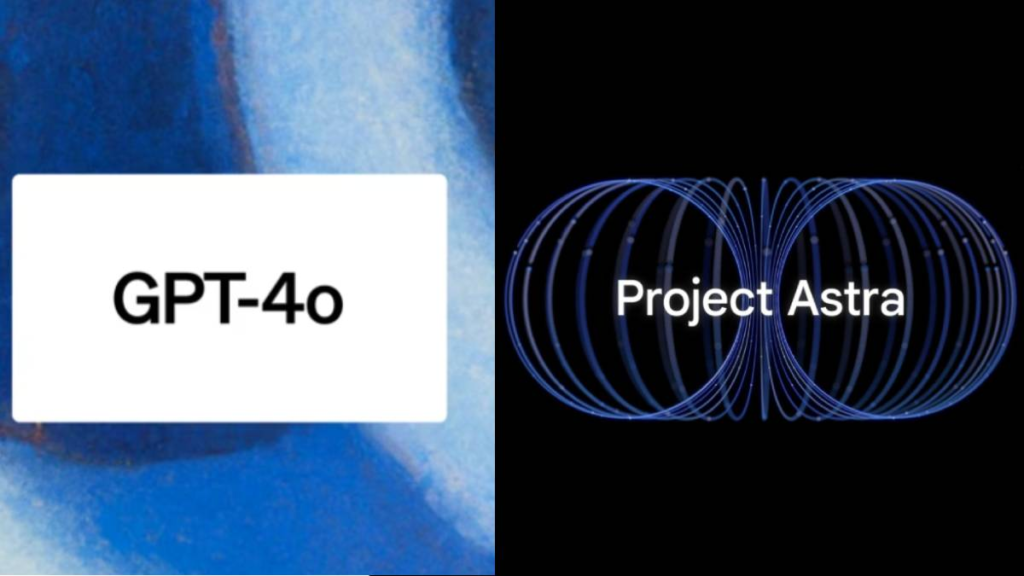
Being launched around the same time as OpenAI’s GPT-4o, Project Astra has generated significant attention and comparisons. While GPT-4o boasts impressive capabilities with its advanced multimodal features, Project Astra seems to have made an equally strong impression. The key differentiator lies in the approach to multimodality. While GPT-4o focuses on text and speech interactions, Astra takes it a step further by incorporating visual inputs as well. This puts Astra at an advantage when it comes to understanding and responding to real-time visual information.
The Future of AI Assistants
The introduction of both GPT-4o and Project Astra signifies a significant leap forward in AI technology. These advancements pave the way for more responsive and versatile AI models, offering users a more natural and immersive experience. The competition between OpenAI and Google AI in developing state-of-the-art AI models benefits AI enthusiasts and users alike, as it pushes the boundaries of what is possible in the field of artificial intelligence.
The applications of Project Astra and GPT-4o extend beyond personal assistants. Their multimodal capabilities hold immense potential in fields such as healthcare, education, and entertainment. Imagine an AI assistant that can analyze medical images, assist in language learning, or provide interactive storytelling experiences. The possibilities are truly limitless.
Conclusion
The world of AI is evolving at an unprecedented pace, with OpenAI and Google AI leading the way with their impressive advancements. While GPT-4o showcases OpenAI’s expertise in developing text and speech-based AI models, Google AI’s Project Astra takes it a step further by incorporating visual inputs and interactions. Project Astra’s multimodal approach has the potential to redefine the way we interact with AI assistants, making them more human-like and intuitive.
As these technologies continue to mature, it will be fascinating to witness the impact they have on our daily lives. Whether it’s GPT-4o or Project Astra, both AI models represent significant milestones in the journey towards creating more intelligent, versatile, and responsive AI assistants. The future of AI is indeed exciting, and we are just scratching the surface of what’s possible.
Explore 3600+ latest AI tools at AI Toolhouse 🚀. Don’t forget to follow us on LinkedIn. Do join our active AI community on Discord.
Read our other blogs on AI Tools 😁
If you like our work, you will love our Newsletter 📰

